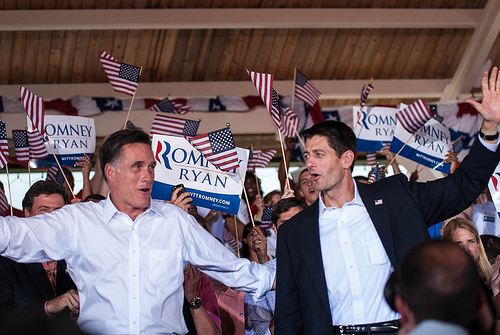As we spoke to legislators and activists roaming the halls of the State Capitol this past legislative session, it became increasingly clear that Xcel Energy and other utilities are calling the shots for our energy future.
They decide which bills will be heard and, ultimately, which will be passed into law. Not coincidentally, a champion of clean, local energy was denied a seat on the Public Utilities Commission by the Legislature.
Minnesota spends more than $20 billion a year on energy — primarily importing polluting fossil fuels — and the state’s utilities typically lobby against decreasing our dependency. This hampers our economy and harms our environment.
Fortunately, cities don’t have to rely on the Legislature to stand up for more-efficient and cleaner energy use.
Consider Minneapolis. The city’s residents spend $450 million per year on electricity and gas services. As in most communities, these services are delivered by utility companies that have a “franchise.”
This 20-year legal agreement gives each utility a monopoly to deliver electricity or gas to homes and businesses in exchange for an annual fee to the city (about $23 million a year, taken right off the energy bills of Minneapolis customers).
Over the next several years, these franchise agreements will expire. Minneapolis has a choice to make. Its two big utilities — Xcel Energy and Centerpoint Energy — will send their fleets of lobbyists across the river from the Capitol to ask the city of lakes to sign away its energy options — and $9 billion in revenue — for the next 20 years.
We know that Minneapolis residents and businesses would like to install more local renewable energy and reduce energy use. Utility programs have come up short.
Energy savings also have been hard to come by; Xcel and Centerpoint have little incentive to promote them when their bottom lines grow along with electricity or gas sales.
Meanwhile, states like New Jersey and our provincial neighbors to the north in Ontario have installed more than 500 megawatts of solar power. They have built more solar power in a single month than our utilities have installed in their entire histories.
Every megawatt of solar can power 200 homes with free, clean sunshine, and every megawatt installed in Minneapolis could mean more jobs and dollars in the local economy.
As city residents, we need to make sure our next franchise agreement paves the way to an energy future that includes reliable, efficient and local renewable energy. Our leaders need to understand that 20-year franchises are confining when energy technologies are changing dramatically.
Almost no one had a cellphone 20 years ago, and most of us were excited to tape our favorite television programs on VHS. It made more sense to sign 20-year franchises with big utilities when there were few economical energy alternatives.
This time it’s different. The McKinsey research group recently found that the United States could reduce energy consumption by nearly 25 percent and save money.
The cost of renewable energy is falling dramatically (50 percent in five years for solar). Minneapolis doesn’t have to settle for 20 more years of rising energy use, rising costs and minimal local clean energy.
Even better, Minneapolis could join Los Angeles, San Antonio and other large cities and consider becoming its own utility. A city-owned utility could funnel those energy dollars into big investments in energy savings and capture the economic opportunities as local energy generation becomes remarkably cost-effective.
Already one in seven Americans are served by a municipal electric utility, retaining control over their energy futures.
The City of Lakes could sign franchise agreements with its two big utilities, their polluting power plants and their shareholders for another 20 years. They would be happy to oblige. But we believe that the world is changing and that we should keep our options open.
————————-
Ken Bradley is director of Environment Minnesota. John Farrell is senior researcher specializing in energy policy for the Institute for Local Self-Reliance. Both are members of the Minneapolis Energy Option coalition.


